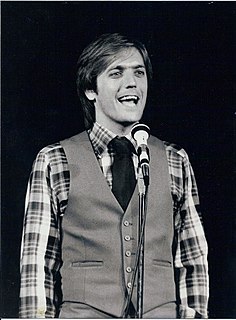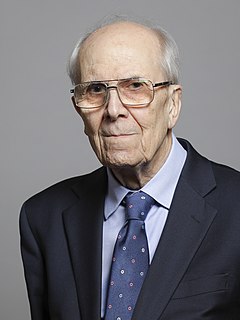A Quote by Bob Hawke
In fact, soon after that [South African sanctions], I was going on an official visit to the UK and Margaret Thatcher instructed every minister to clear the decks of any outstanding matters between us - Australia and the Brits. And she went out of her way to make sure that that was as successful a visit as it possibly could be.
Related Quotes
Media hosts just talk about Golda Meir and Margaret Thatcher and again miss the point. I was talking about AMERICAN culture, ladies and gentlemen. As I pointed out, if Margaret Thatcher or Golda Meir, by the way, she didn't care, and Margaret Thatcher didn't care how she look like. If Margaret Thatcher were running for president today, as she was when she was the Iron Lady, we wouldn't have her mom doing television commercials telling us how wonderful she was when she was a kid and how nice she is.
When we were making 'Toy Story,' my grandmother was very ill, and she knew she was not going to make it. I went back to visit her, and there was a moment during that visit that I had to say goodbye, and I knew I'd never be seeing her again. I looked at her and knew that I was looking at her for the last time.
We have a number of very powerful women in the world now - Mrs. [Angela] Merkel, who the Germans call Mutti. What did we call Mrs. [Margaret] Thatcher? When she was minister of education, she stopped the children's free school milk. This may sound quaint, but after the war we were such a malnourished nation that part of the founding of the welfare state were public health initiatives. Every little schoolchild got milk. Mrs. Thatcher stopped it. They called her "Maggie Thatcher, milk snatcher."
We had a completely deniable exchange of papers - in the winter before the 1997 election - with [Tony] Blair, setting out what we thought were the realistic parameters for a solution: and we were getting reasonable responses back from him. That's what led to Blair's visit to Belfast on May 16, 1997 - two weeks after he became Prime Minister and his first official visit outside London.
What's depressing, in a way, thinking of Margaret Thatcher legacy - and she was no doubt great in many ways - but the arts in the UK are still having to justify that it is a profitable business rather than a frivolity. It's one of the greatest UK exports, one of the reasons people come to the UK, and yet we're still having to justify our existence in terms of funding.
I think they (Thatcher protesters) ought to be grateful for the fact that the people who hold our (pro-Thatcher) views, and who are not mindless bigots, won't allow their behaviour to provoke us into words or behaviour which would could be seen as a breach of the peace. Hopefully, those of us who admire Margaret Thatcher are too well-mannered to fall for the bait.
In a way, the debate about Margaret Thatcher in Britain has just gotten fossilized in this notion that she is either this she-devil who wrecked the industrial base of the country and ruined the lives of millions, or she is the blessed Margaret who saved the nation and rescued us from our post-war decline.
As people who are women, who are Indigenous and live on Indigenous lands, we know, and this is something I understand the older I get, that they don't visit the same way the postman may visit but they do visit. They visit in ways that our modern society often disregards and considers immaterial or unreal.











































